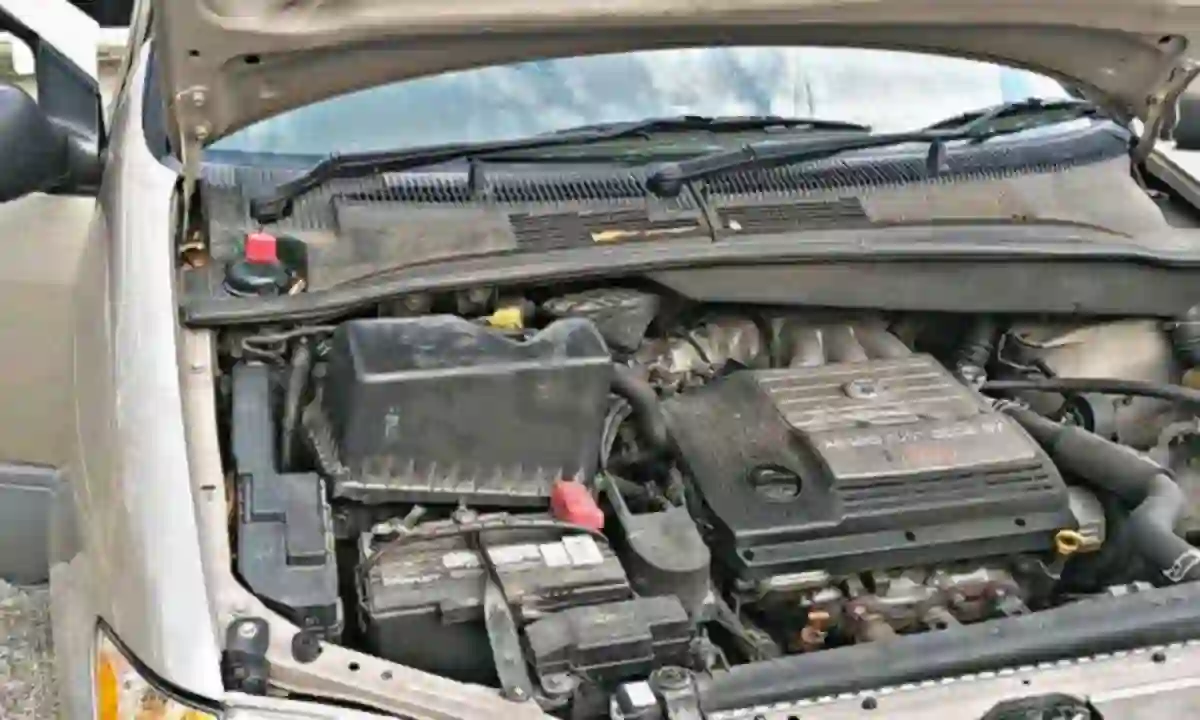Car Struggles to Start but Battery is Fine
One of the most frustrating experiences a driver can face is getting into their car, turning the key, and finding that the car struggles to start but battery is fine. While a dead battery is often the first culprit, a vehicle can struggle to start even if the battery is fine. There are several potential reasons why a car might have difficulty starting, even when the battery appears to be in good condition. In this article, we’ll explore some of the possible causes of this issue and offer tips for diagnosing and resolving the problem.
Car struggles to start but battery is fine

Below are possible reasons your car struggles to start but battery is fine:
Wiring malfunction
Your car struggles to start but battery is fine due to wiring issues. A network of wires in your vehicle transmits power from one component to another.
Loose connections might disrupt important systems involved in starting your car. For instance, your starting motor needs two necessary wires to function appropriately:
- A large wire supplies power, running directly from the battery
- When you turn the key (or push the start button), a smaller wire in the ignition sends a signal telling the starting motor to use that power source and start.
You may encounter a disruption in the power supply or a delay in transmitting the signal to start the motor if one or both of these wires is loose or corroded.
Often, a problem like this may cause a sluggish start, but once you get rolling, nothing terrible happens.
If a short adjustment to the wiring restores functionality, fantastic! However, if an evident leak or corrosion is present, take it to a technician before the issue worsens.
Issues with the starting motor and starter relay
When you turn the ignition on, if you hear a sequence of clicks before the engine starts, your starting relay or the starter motor may be worn out.
With time, the electrical connections that power your starting motor deteriorate and provide less and less power.
When there is less power, the starter motor spins more slowly, making it difficult to start your vehicle. Thus, your car struggles to start but battery is fine.
If you don’t have this fixed right away, fixing your starting motor might cost a lot of money.
Faulty fuel line
A clog or leak in your fuel lines is another potential reason why a car struggles to start but battery is fine. Fuel lines carry fuel from the tank to the engine; any obstruction or volume loss due to a leak might cause the pressure to be lower than required to drive the vehicle.
It is usual for a clog in a gasoline line to cause your car to start slowly before running normally again, but persistent sluggish starts might indicate a leak or something more systemic.
Most mechanics typically recommend cleaning the fuel injectors every 60,000 to 90,000 miles, according to Toledo Auto Care.
Malfunctioning ignition switch
The ignition switch, sometimes referred to as the start switch, transfers energy from the battery to the primary electrical parts of the vehicle.
Your car struggles to start but battery is fine because the switch is broken. That’s because there is no power to the starter or ignition system.
Problems with the ignition switch are not the most frequent since they are often mistaken for issues with the starter or battery.
Below are a few signs to look for:
- the car struggles to start;
- the keys won’t turn in any direction; and
- no noise from the starter motor.
Insufficient fuel in the fuel tank
Even though most vehicles start with very little gasoline, remember that your engine might not start with little or no fuel at all. Get a gas can, fill the tank with gasoline, and restart the vehicle to see if it turns on without struggling.
Also, there’s a significant likelihood that your fuel gauge is malfunctioning, mainly if your gasoline runs out to the point where your vehicle won’t start. There’s a chance the indicator is damaged. Because of this, it doesn’t display the appropriate reading at the right moment.
In addition to insufficient gasoline, there is a high likelihood that your gas is subpar. After six months, gas might begin to deteriorate and lose its combustibility.
If your vehicle hasn’t been started in a while, you may want to explore combining the old and new oils to create adequate combustibility. If the gas is too old to get the vehicle running again, you may need to drain it and add fresh oil.
Fuel lines in your car might freeze over the winter. Remember that the more space for water vapor to develop and freeze within the fuel line, the fuller the gasoline or gas tank is.
Faulty timing belt
The crankshaft and camshaft of your vehicle engine are rotated at the proper times by the timing belt, which is a rubber strip. It is a crucial part of the engine since it impacts how the engine works.
The timing belt ensures that the engine’s valves open and close at the right internals, ensuring that the valves and pistons do not touch each other for stable combustion.
A timing belt replacement may be fairly expensive, much like a fuel pump replacement. In addition, the engine won’t operate if the timing belt breaks, and if it does so while running, it might cause harm.
Since a faulty timing belt prohibits the ignition’s necessary combustion, the engine won’t start or will struggle to start. In addition, a broken timing belt may cause a big oil leak near the engine.
The fix is for you to change the timing belt. Install a high-quality timing chain if your vehicle doesn’t already have one since it lasts longer than a rubber belt.
Bad spark plug or a damaged distributor cap
You may have a bad spark plug if your vehicle won’t start or struggle to start despite having a healthy battery, adequate gasoline, and everything else that seems to be in order.
To start the combustion system in your engine, the air-to-fuel ratio and spark must be just right. If the spark plug is damaged, the gasoline will not ignite, and the car may not drive.
Engine misfires, a noticeable drop in fuel efficiency, and difficulty accelerating are indications of a faulty spark plug. Spark plugs that ignite fuel use power that the distributor controls.
It has an internal spinning arm or rotor that helps shield the distributor’s internal components. The inner rotor and the spark plugs are likewise connected via the rotor.
The spark won’t travel, and your vehicle won’t start if the distributor cap is loose or the rotors are inefficient. Sputtering or tapping sounds are often made in conjunction with a faulty cap.
Conclusion
There are tons of reasons why your car struggles to start but battery is fine. The reasons cut across wiring issues, fuel issues, starter motor issues, bad spark plugs, etc.
The fortunate thing about these problems is that you can always call a reliable technician to check out your car and get it diagnosed and fixed. While you aim to do so, it is always important to check your vehicle every time you notice a strange sound from the engine.
- 10 Common Mistakes When Bleeding Brakes - September 12, 2023
- Dash Cam That Records When Car is Off [5 Best] - September 11, 2023
- How to Know if Dash Cam is Recording [10 Methods] - September 8, 2023




